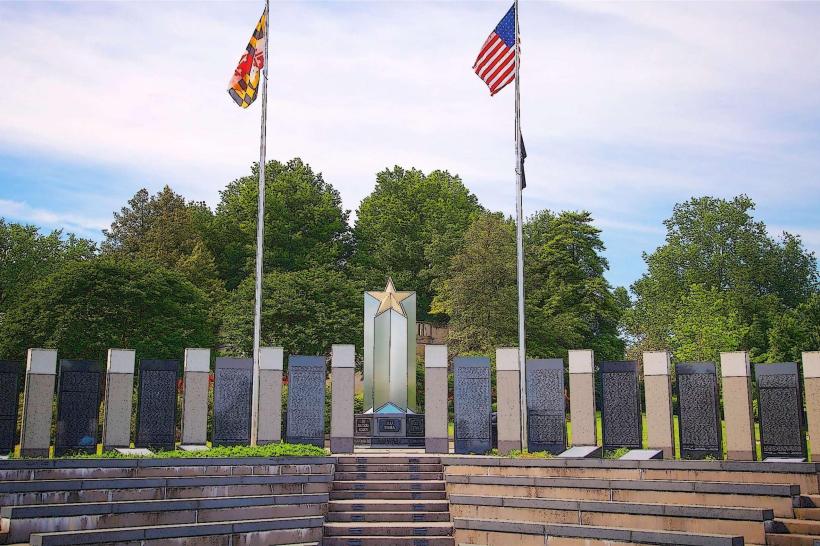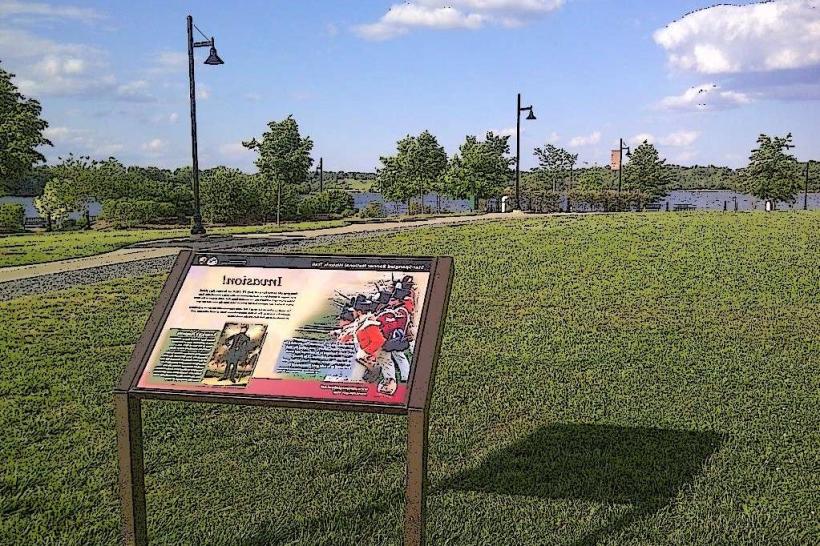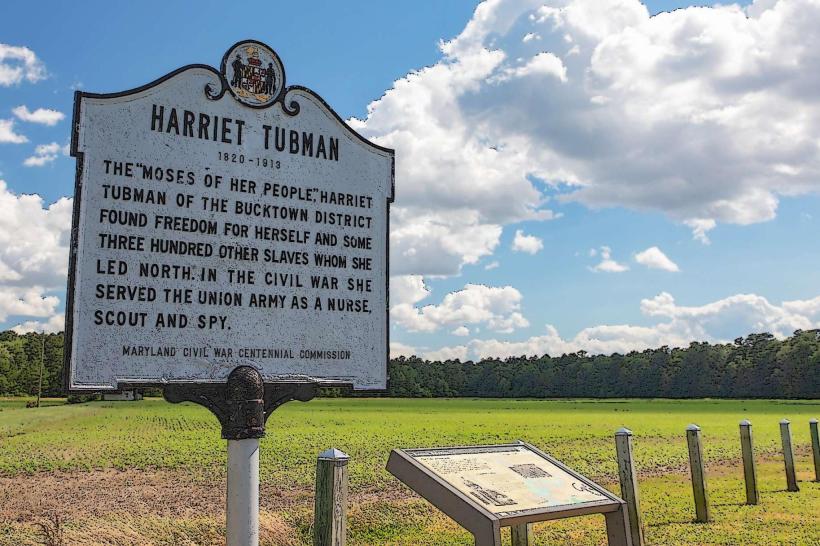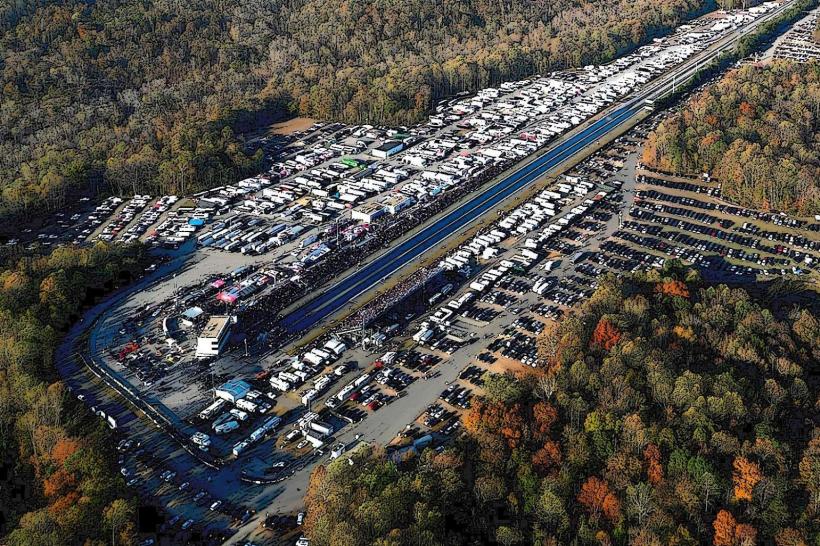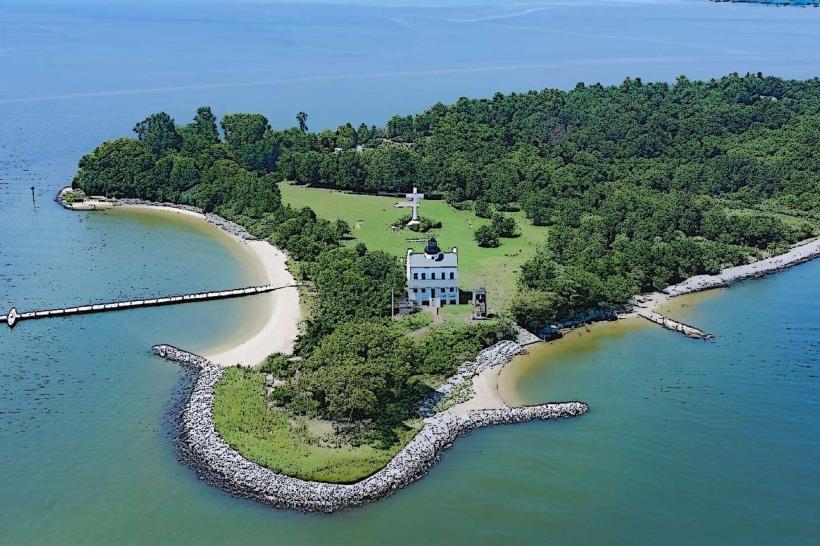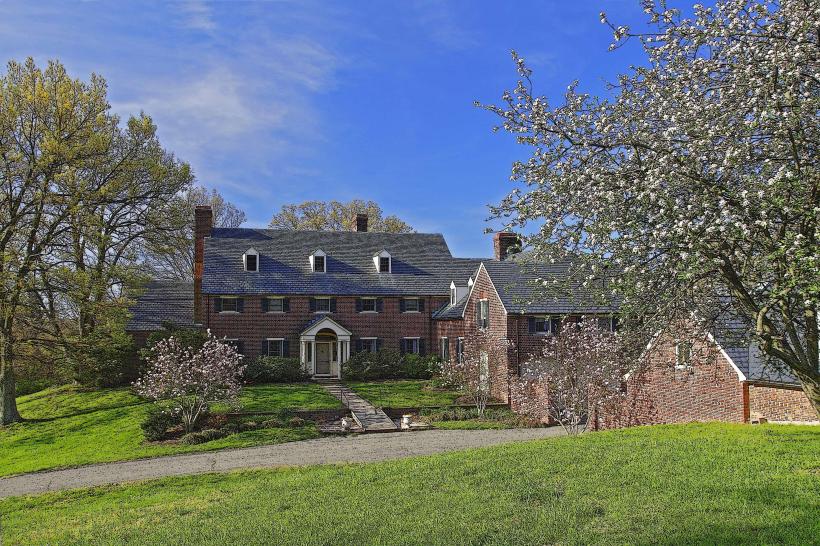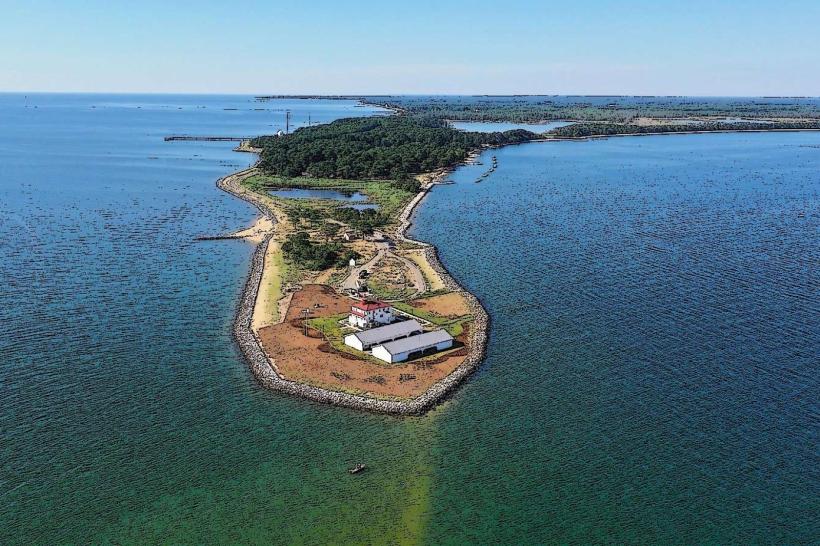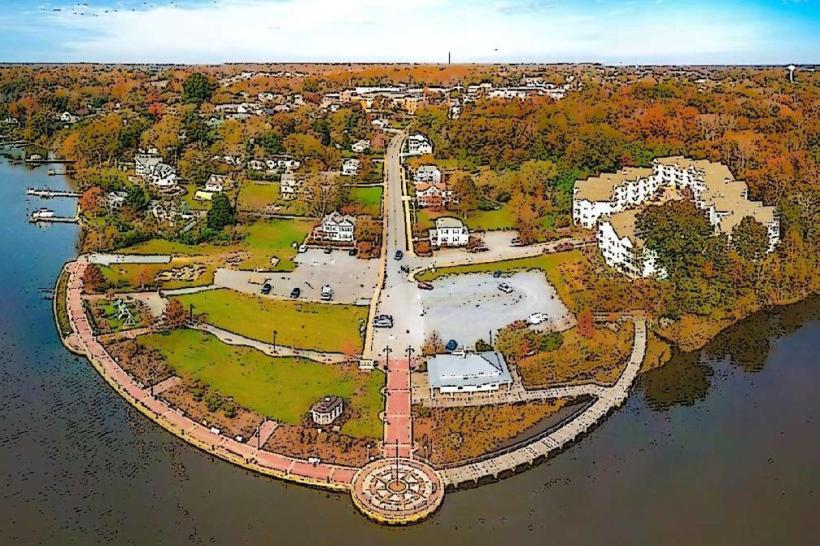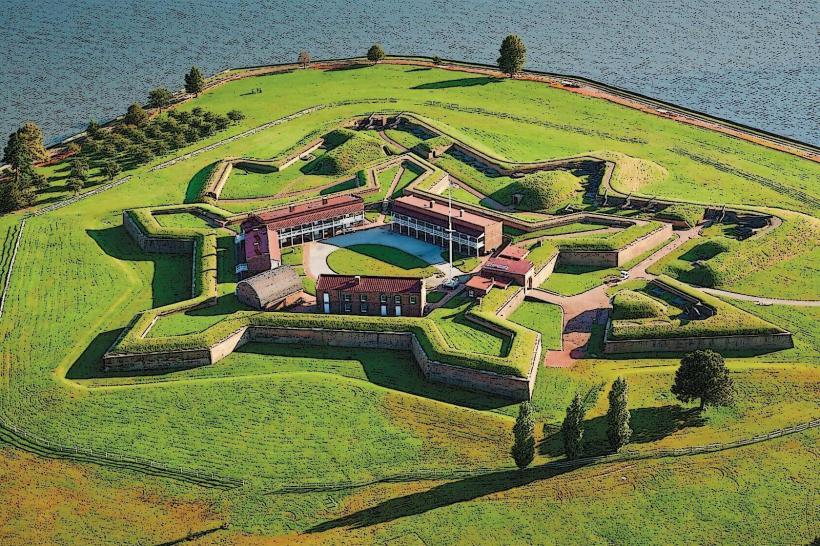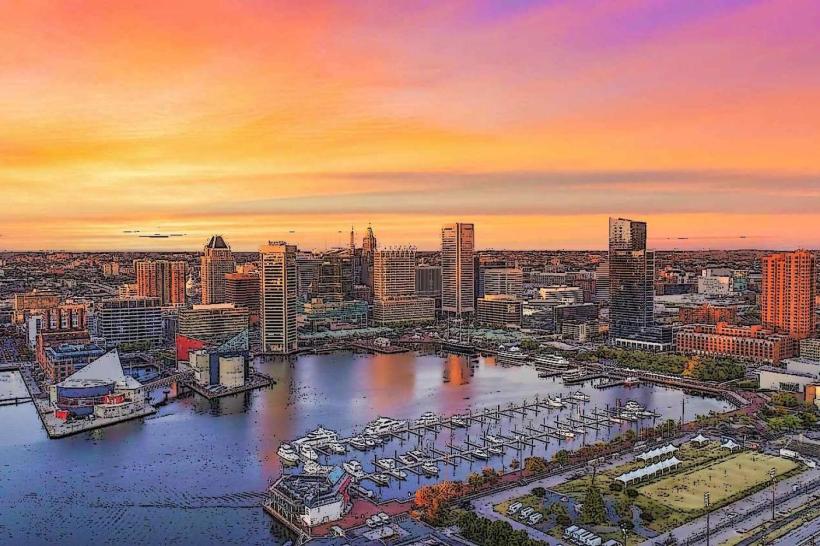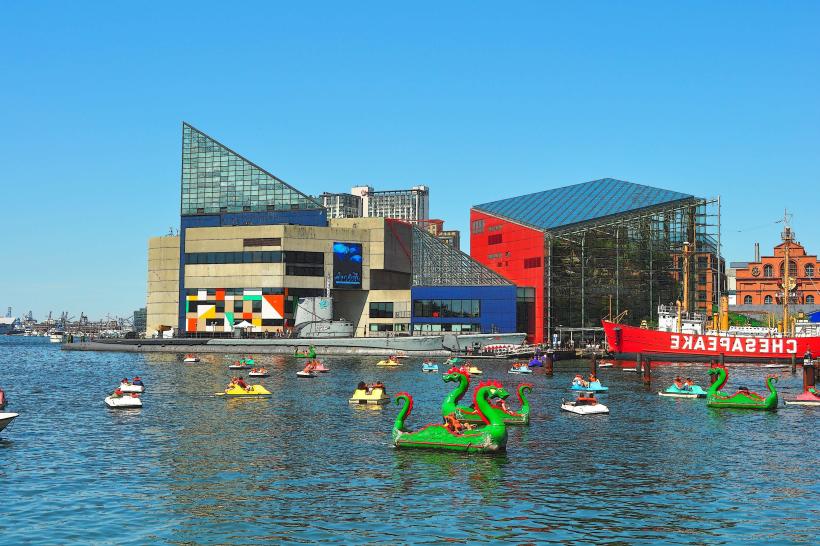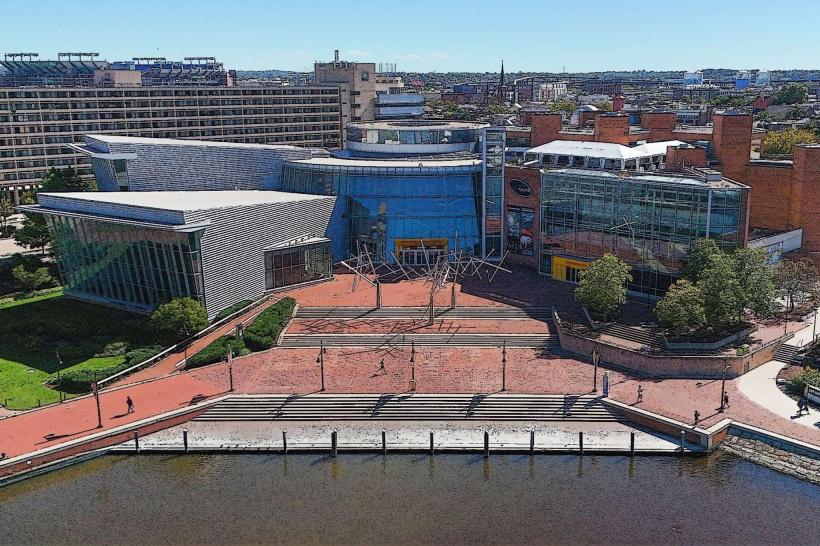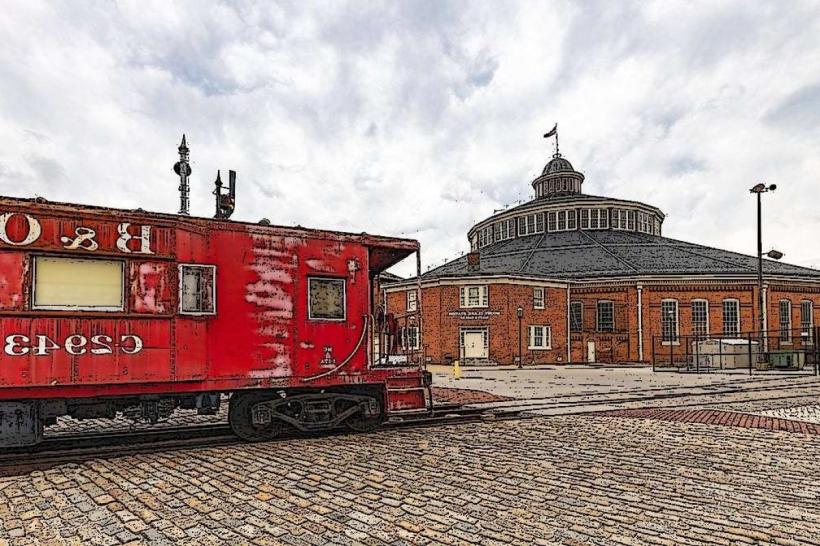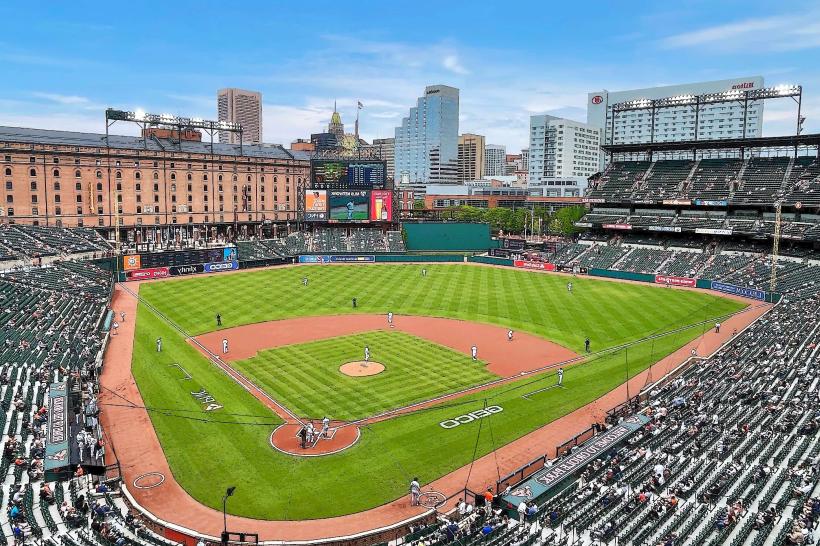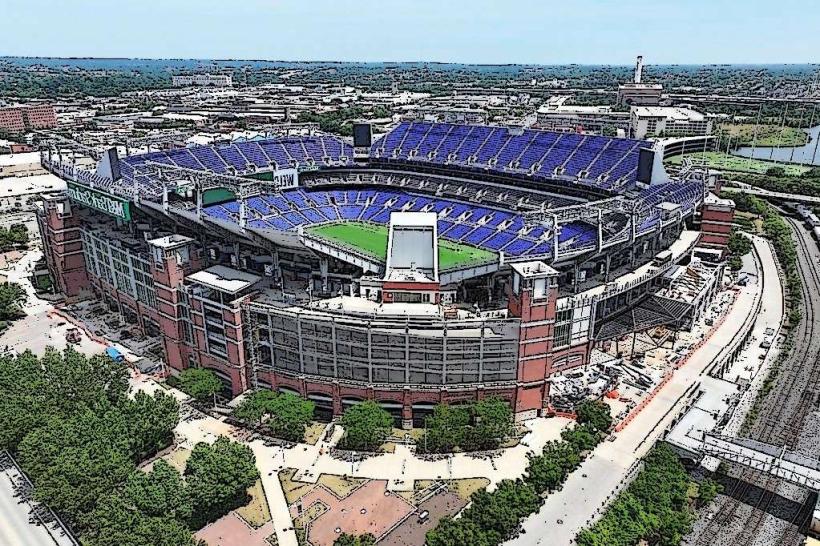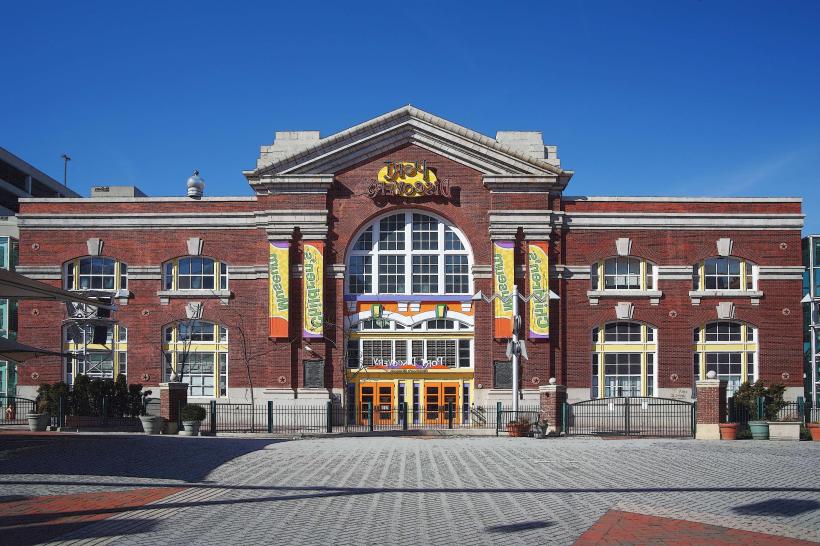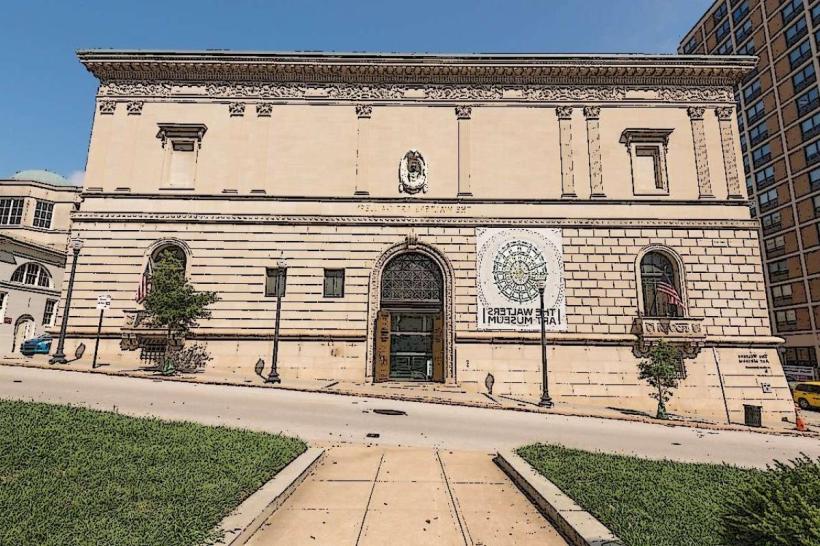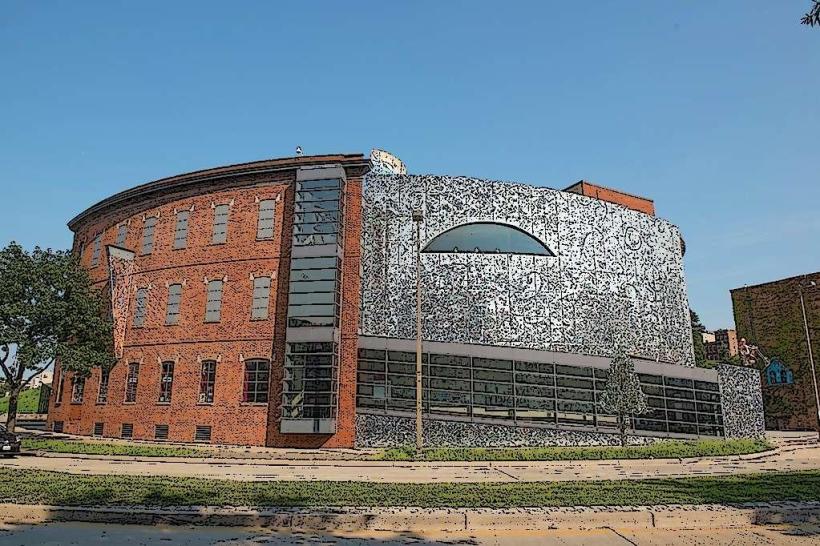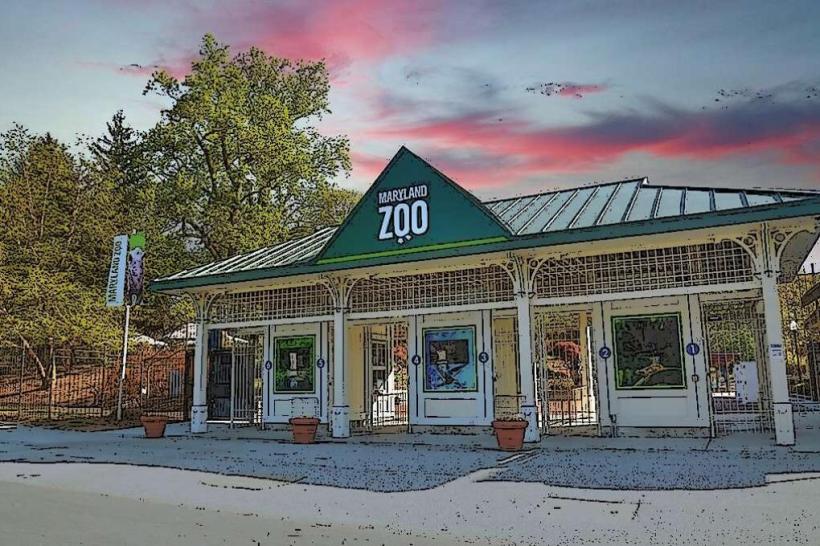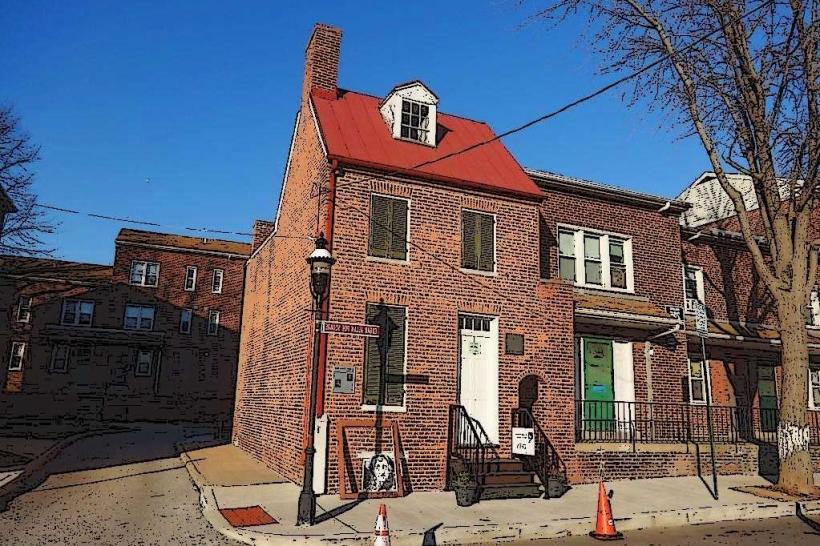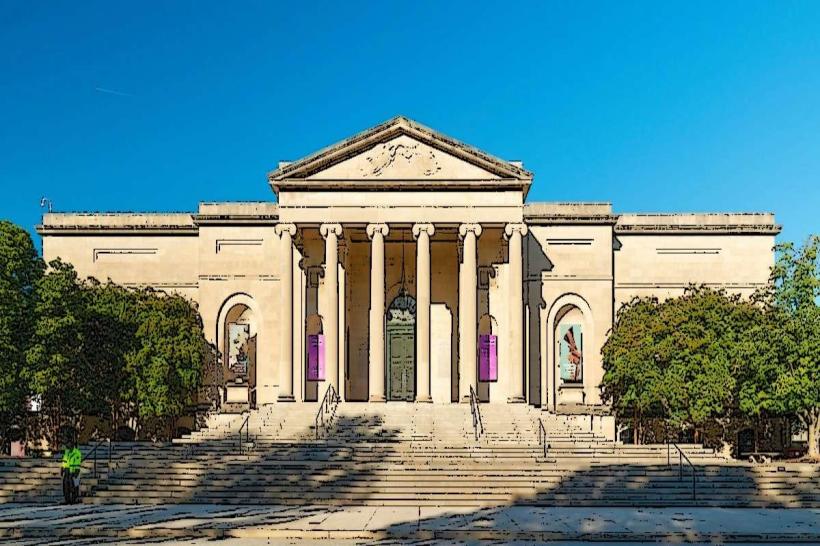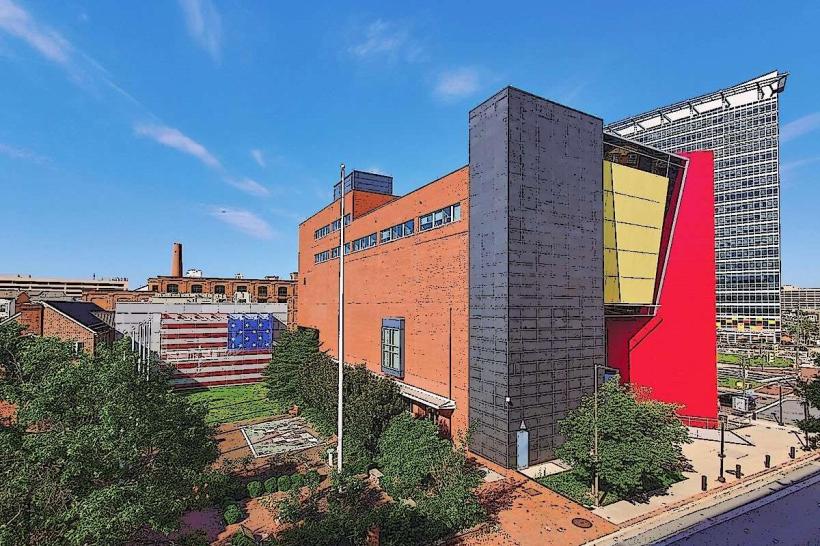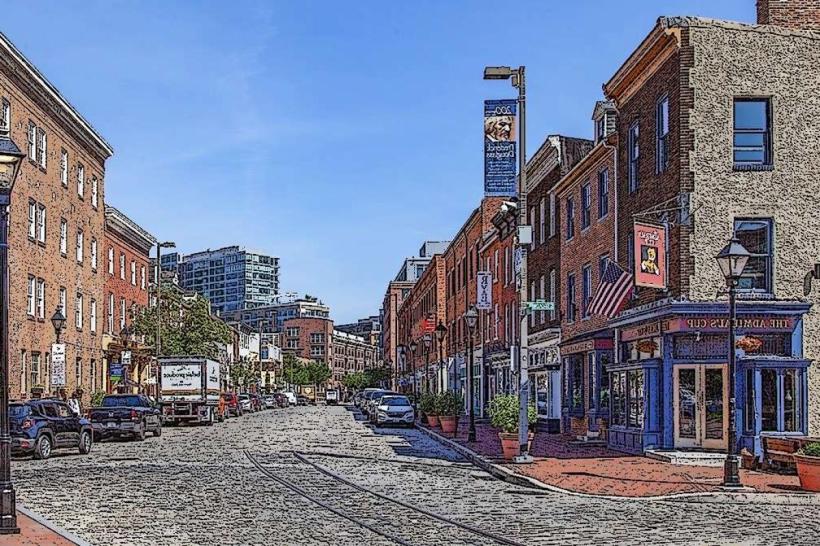Information
Landmark: Mount Vernon PlaceCity: Baltimore
Country: USA Maryland
Continent: North America
Mount Vernon Place, Baltimore, USA Maryland, North America
Mount Vernon Place is a historic and cultural centerpiece located in the heart of Baltimore’s Mount Vernon neighborhood. Established in the early 19th century, it is widely recognized as one of the nation’s first planned urban squares and is distinguished by its grand architectural elements, green spaces, and the nation’s earliest monument dedicated to George Washington.
Historical Origins and Urban Design
The creation of Mount Vernon Place dates back to 1815 when Colonel John Eager Howard, a Revolutionary War hero and prominent Baltimore citizen, donated land for a public square. This donation was intended to honor George Washington, the first president of the United States. The result was a visionary urban park centered around a monumental tribute to Washington, making this location historically significant as the first major monument in the country erected in his honor.
The Washington Monument at Mount Vernon Place was designed by architect Robert Mills, who later designed the more famous Washington Monument in the nation’s capital. The monument was completed in 1829 and is a towering 178-foot Doric column made of white marble, symbolizing American ideals and leadership.
Surrounding the monument are four distinct landscaped squares: East and West Mount Vernon Place, and North and South Washington Place. These squares were meticulously designed with pathways, fountains, statues, and lush plantings to create a harmonious, elegant public space. This design represented an early example of intentional urban planning in the United States, blending natural beauty with civic pride.
The Washington Monument
The Washington Monument at Mount Vernon Place serves not only as a symbolic landmark but also as an interactive visitor attraction. Inside the monument is a gallery featuring exhibits on the monument’s history, construction, and George Washington’s legacy. Visitors can ascend 227 steps to reach the observation deck near the top, where panoramic views of Baltimore’s skyline and the surrounding neighborhoods unfold. The gallery is open to the public free of charge, while access to the lookout requires a modest admission fee.
Architectural and Cultural Surroundings
Mount Vernon Place is surrounded by some of Baltimore’s most architecturally significant buildings, which together contribute to the neighborhood’s distinguished cultural ambiance:
Mount Vernon Place United Methodist Church and Asbury House: This Norman-Gothic style church, completed in 1872, is noted for its grand rose window, inspired by the famous Notre Dame Cathedral in Paris. The church remains a spiritual and architectural landmark.
George Peabody Library: Founded in 1878 as part of the Peabody Institute, this library is renowned for its breathtaking interior-a soaring, five-story atrium lined with balconies filled with thousands of rare books. It is one of the most beautiful libraries in the United States and a research center specializing in 19th-century materials.
Walters Art Museum: Located just adjacent to Mount Vernon Place, the Walters Art Museum was established in 1934 and holds an extensive collection spanning ancient art, Asian art, medieval European art, and much more. It offers free admission and is a key cultural institution enriching the neighborhood.
Green Spaces and Public Amenities
The four surrounding squares provide well-maintained lawns, tree-lined paths, benches, decorative fountains, and public art installations. These parks offer a tranquil escape amid the urban environment, serving as gathering spaces for locals and visitors alike. Seasonal flower beds and landscaping contribute to the area’s vibrant aesthetic appeal.
Community Events and Cultural Activities
Mount Vernon Place is the stage for several notable annual events and community gatherings that enhance the cultural vitality of Baltimore:
Flower Mart: This longstanding festival, held each May, celebrates spring and horticulture with plant sales, live music, food vendors, and traditional Baltimore treats such as lemon sticks. It draws thousands of visitors and supports local gardeners and artisans.
Monument Lighting Ceremony: Every December, the Washington Monument is illuminated in a festive event featuring music performances, food stalls, and fireworks. This tradition marks the start of the holiday season and fosters community spirit.
Summer in the Squares: Throughout the summer months, a series of free outdoor activities take place in the squares, including concerts, movie screenings, yoga sessions, and guided walking tours focused on history and architecture.
Visitor Information and Accessibility
Mount Vernon Place is located at the core of Baltimore’s Mount Vernon neighborhood, with easy access from downtown. The Washington Monument gallery is open Wednesday through Sunday, from 10:00 AM to 5:00 PM. Admission to the gallery is free, while climbing to the lookout requires a ticket priced at $6 for adults and $4 for children.
The surrounding area is pedestrian-friendly and well-connected by public transit, with numerous restaurants, theaters, galleries, and shops nearby, making Mount Vernon Place a cultural and social hub.
Summary
Mount Vernon Place stands as a testament to Baltimore’s rich historical legacy, urban planning foresight, and cultural depth. Its combination of monumental architecture, lush public parks, and world-class cultural institutions offers visitors an immersive experience that reflects both the city’s heritage and its ongoing vibrancy. As a place of remembrance, recreation, and celebration, Mount Vernon Place remains a vital landmark in Baltimore’s urban landscape.

